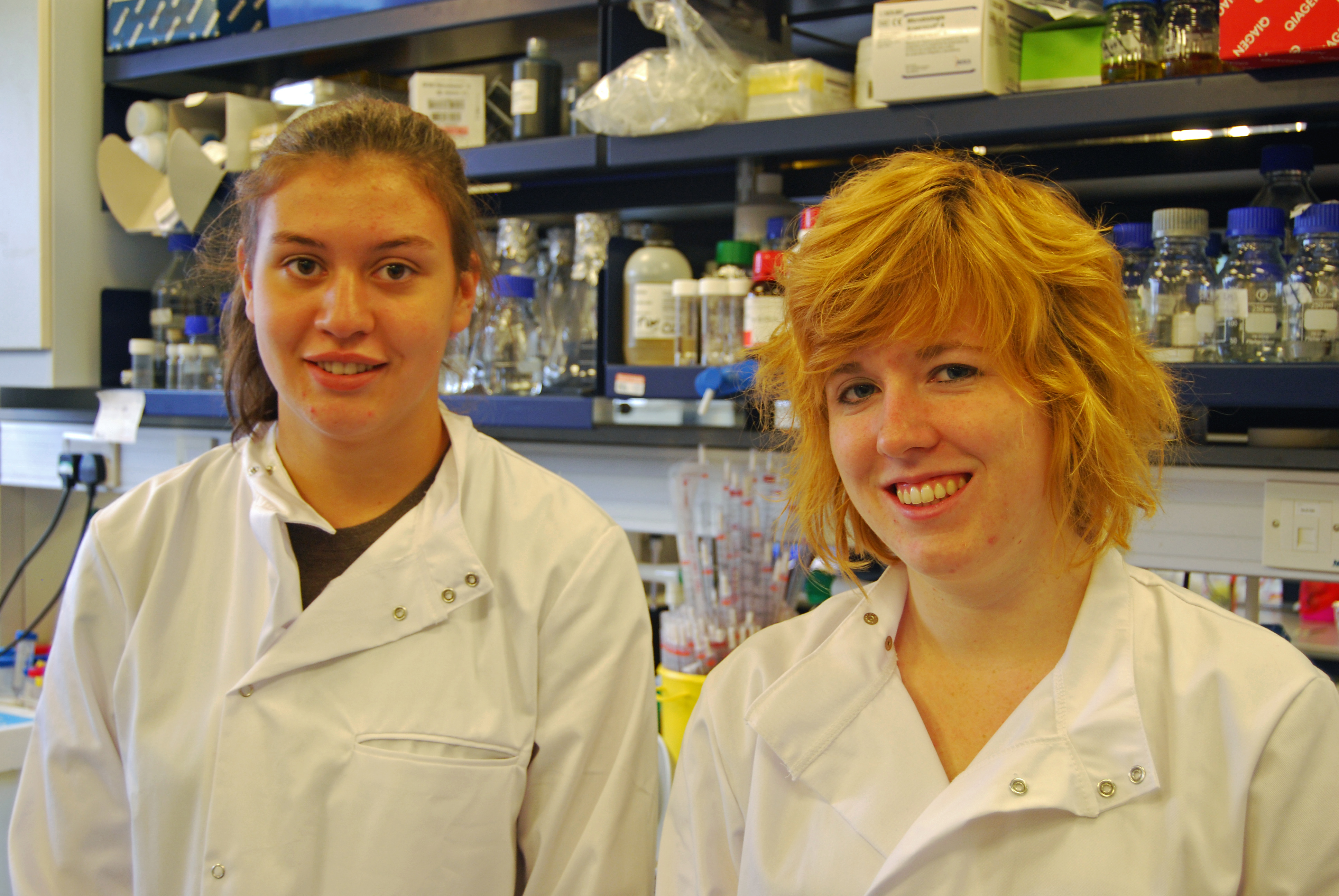Team:Exeter/Outreach
From 2013.igem.org
Fentwistle (Talk | contribs) |
Fentwistle (Talk | contribs) |
||
| Line 12: | Line 12: | ||
Although we were only able to work with three students in the way, this represents a fantastic outreach opportunity for our team. There is no better way to teach someone about iGEM than letting them have a go themselves, and although we supervised their work, all three of the students proved their understanding of the project and the impacts it could have on iGEM and the scientific community in general. Instead of simply presenting our project to them, they had a chance to explore the project for themselves and learn the details behind it. | Although we were only able to work with three students in the way, this represents a fantastic outreach opportunity for our team. There is no better way to teach someone about iGEM than letting them have a go themselves, and although we supervised their work, all three of the students proved their understanding of the project and the impacts it could have on iGEM and the scientific community in general. Instead of simply presenting our project to them, they had a chance to explore the project for themselves and learn the details behind it. | ||
| + | |||
| + | == Bridging the Gaps == | ||
| + | |||
| + | We had the opportunity to present our project to a group of scientists in early September as part of the [http://www.exeter.ac.uk/btg/ EPSRC's Bridging the Gaps initiative]. Bridging the Gaps brings together scientists from a variety of disciplines to discuss their work, build partnerships, present findings and stimulate creative thinking. We presented our project alongside scientists discussing bioart, designer biofuels, the use of neuroscience in social science and more. The feedback we received was largely positive, with some fantastic questions coming from the audience. | ||
| + | |||
</div> | </div> | ||
</div> | </div> | ||
{{:Team:Exeter/Template/Footer}} | {{:Team:Exeter/Template/Footer}} | ||
Revision as of 13:59, 29 September 2013
Our ever helpful, extremely patient Sixth Form students
We have been lucky enough to be assisted by three sixth form students over this summer. Hector, Beccy and Gina spent a few weeks with us, learning about the University and the workings of a research lab. Beccy and Gina were given placements with the University of Exeter through the prestigious [http://www.nuffieldfoundation.org/nuffield-research-placements Nuffield Foundation], whereas Hector managed to organise working with us through his [http://www.exeterschool.org.uk/ college].
We showed them how our project is expected to work, the history behind the concepts within our project, and we worked together in the lab to learn new techniques using a variety of technology and equipment. All three managed to clock some good hours in the lab, learning how to make agar plates, gels, set up digestions and ligations and comforting the rest of us when things didn't quite go to plan. We were incredibly impressed with how hard they worked, the speed at which they picked up new techniques and ideas, and their excellent questions about the project and University life in general.
Although we were only able to work with three students in the way, this represents a fantastic outreach opportunity for our team. There is no better way to teach someone about iGEM than letting them have a go themselves, and although we supervised their work, all three of the students proved their understanding of the project and the impacts it could have on iGEM and the scientific community in general. Instead of simply presenting our project to them, they had a chance to explore the project for themselves and learn the details behind it.
Bridging the Gaps
We had the opportunity to present our project to a group of scientists in early September as part of the [http://www.exeter.ac.uk/btg/ EPSRC's Bridging the Gaps initiative]. Bridging the Gaps brings together scientists from a variety of disciplines to discuss their work, build partnerships, present findings and stimulate creative thinking. We presented our project alongside scientists discussing bioart, designer biofuels, the use of neuroscience in social science and more. The feedback we received was largely positive, with some fantastic questions coming from the audience.
 "
"





